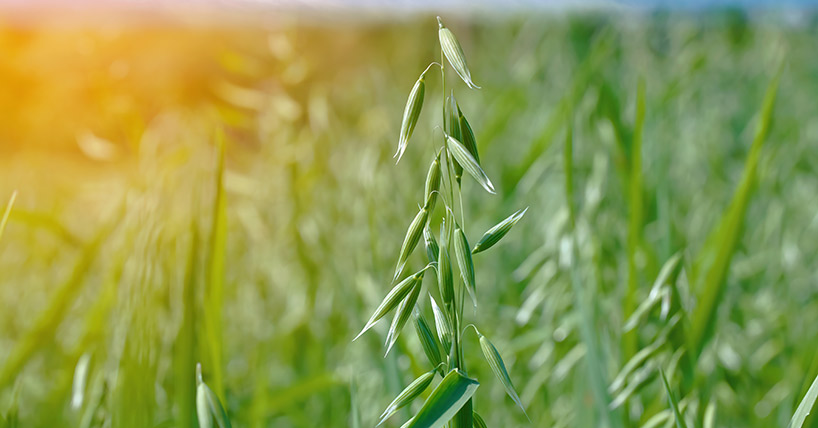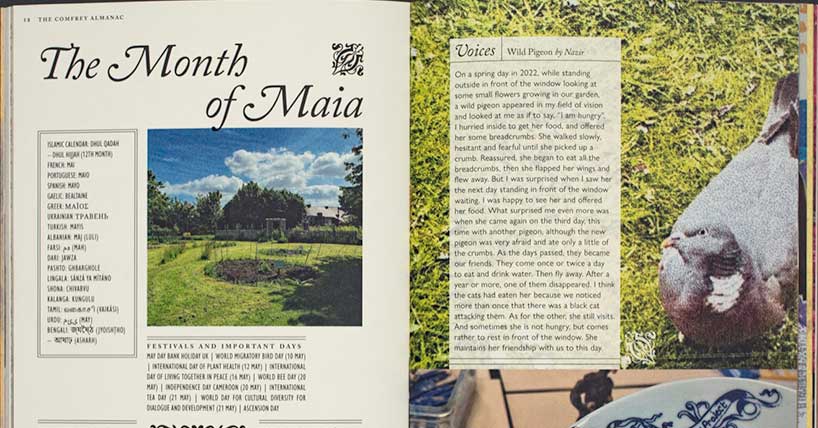Open Land
New funding announced for land use and net zero research
Published on: 15 November 2024
Newcastle University experts will help deliver a new project to support agricultural practices, land use change and soil health.
Led by the University of East Anglia (UEA), the £4m OpenLAND project will see researchers carry out an evaluation of climate-resilient interventions for land management and soil health that could benefit net zero targets, biodiversity and agriculture.
It is one of five projects that have received the funding from UK Research and Innovation (UKRI) and government partners, under phase two of the Transforming Land Use for Net Zero, Nature and People programme (LUNZ), which aims to boost the UK's efforts to achieve net zero emissions by 2050.

Helping achieve Net Zero targets
Newcastle University’s Dr Alistair Ford is a Co-Investigator on the project. He will be working with Dr Craig Robson, Lecturer in Data Centric Engineering, and a postdoctoral research associate to explore how we model land-use futures for the UK to explore the impacts of land-use policy on achieving Net Zero targets.
The team will focus on how we explore the trade-offs, tensions, and co-benefits in changes to land-use across the UK, understanding how computer models of future land-use scenarios can be used to identify optimum policies for sustainable use of land, including decarbonisation, food production, landscape restoration, and biodiversity protection.
Dr Ford, Lecturer in Geospatial Data Analytics at the School of Engineering, said: “It is exciting for Geospatial Engineering at Newcastle to be part of an interdisciplinary project like OpenLAND, bringing our geospatial data and modelling expertise into a broad consortium to explore how we can develop tools and methods for sustainable land management in the UK.
“We hope to build new approaches to explore the competing uses of land and how policies might change those uses, assess the impacts of those changes on the decarbonisation challenge, but also how we balance the demands of Net Zero with other users of our land.”
Adapted with thanks from UEA.



